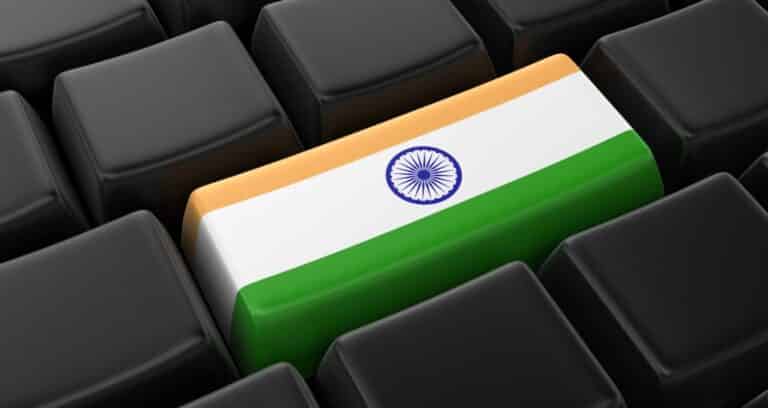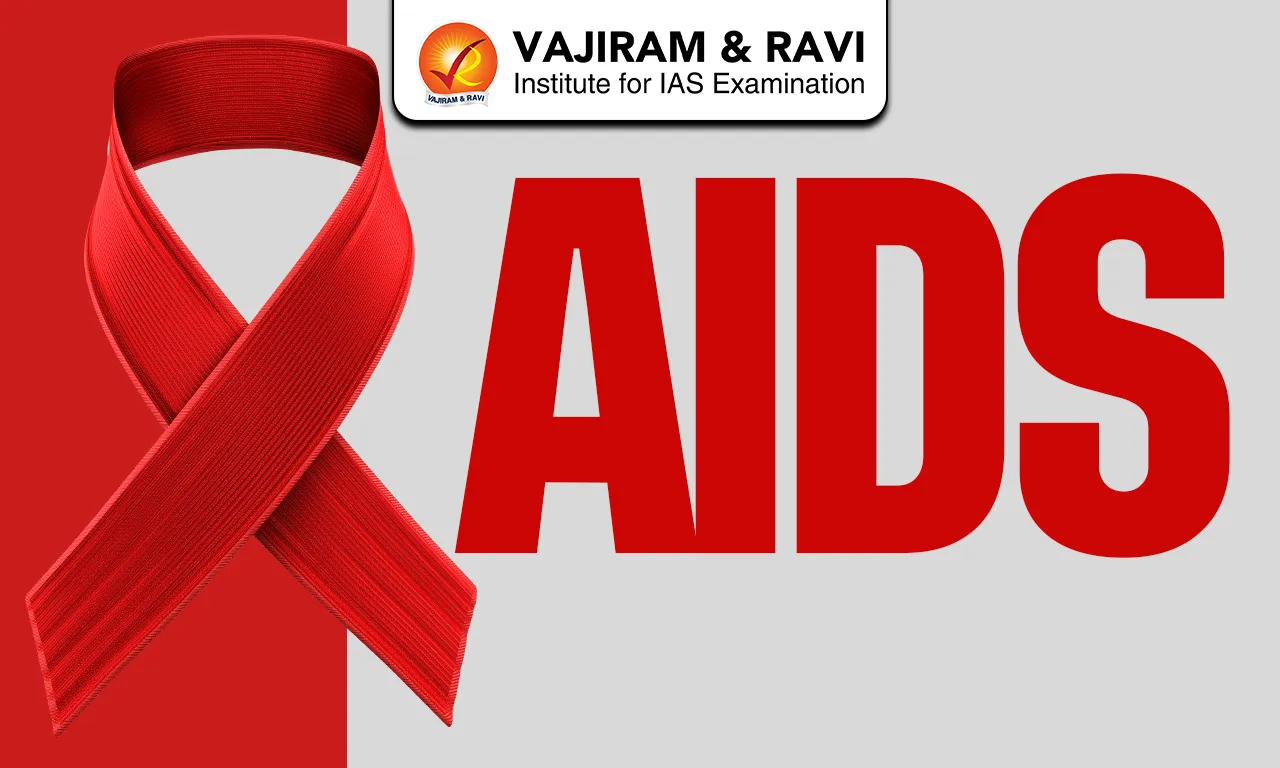About India Web Browser Development Challenge (IWBDC)
- The challenge is spearheaded by MeitY in collaboration with the Controller of Certifying Authorities (CCA) and the Centre for Development of Advanced Computing (C-DAC) Bangalore.
- The Challenge seeks to inspire and empower technology enthusiasts, innovators, and developers from all corners of the country to create an indigenous web browser.
- The desired browser will have its own trust store, use a root certificate from India’s CCA, and offer cutting-edge functionalities and enhanced security & data privacy protection features.
- As part of the challenge the government has announced a cash prize of Rs 3.4 crores for the developers.
- Qualifications for Participants:
- The Indian Tech Start-ups, MSMEs, Companies, and LLPs registered in India under the Companies Act 2013 can apply.
- The entity must have at least 51% shareholding with Indian citizens or persons of Indian origin.
- The applicant’s entity should not be a subsidiary company of any foreign corporation.
- Participants can apply either as “individuals” or “organization”. Members applying as “individuals” should have a minimum of 3 and a maximum of 7 members in their Group.
- All other applicants (Startups, MSME, etc.) should apply under the “organization” category only.
- Desired features in an Indian web browser: The ministry has also laid down the features desired in an Indian web browser.
- It must be compatible with all platforms, including iOS, Android and Desktop.
- It should offer built-in accessibility support.
- The browser should also have the ability to digitally sign the documents using a crypto token.
- It should also have parental control and a web filter for child-friendly browsing.
- It should come with support for Web3 and compliance with W3C standards.
- Lastly, it should also support all the official Indian languages.
Key Facts about Controller of Certifying Authorities (CCA):
- The Information Technology Act 2000 (IT Act) provides for the CCA.
- Function: To license and regulate the working of Certifying Authorities (CAs).
- The CAs issue digital signature certificates for electronic authentication of users.
- The CCA also maintains the National Repository of Digital Certificates (NRDC), which contains all the certificates issued by all the CAs in the country.
- Its aim is to promote the growth of e-Commerce and e-Governance through a wide use of digital signatures.
- The Controller of Certifying Authorities (CCA) is appointed by the Central Government under section 17 of the IT Act.
Q1) What are digital signatures?
A digital signature is a cryptographic technique used to authenticate the origin and integrity of electronic documents, messages, or data. It provides a way to ensure that a digital file or message has not been tampered with and that it comes from a legitimate source. Digital signatures are a crucial component of digital security, especially in contexts such as electronic transactions, contracts, and sensitive communications.
Source: MeitY launches Indian Web Browser Development Challenge
Last updated on March, 2026
→ UPSC Notification 2026 is now out on the official website at upsconline.nic.in.
→ UPSC IFoS Notification 2026 is now out on the official website at upsconline.nic.in.
→ UPSC Calendar 2026 has been released.
→ UPSC Final Result 2025 is expected to be released soon.
→ Check out the latest UPSC Syllabus 2026 here.
→ Join Vajiram & Ravi’s Interview Guidance Programme for expert help to crack your final UPSC stage.
→ UPSC Mains Result 2025 is now out.
→ UPSC Prelims 2026 will be conducted on 24th May, 2026 & UPSC Mains 2026 will be conducted on 21st August 2026.
→ The UPSC Selection Process is of 3 stages-Prelims, Mains and Interview.
→ Prepare effectively with Vajiram & Ravi’s UPSC Prelims Test Series 2026 featuring full-length mock tests, detailed solutions, and performance analysis.
→ Enroll in Vajiram & Ravi’s UPSC Mains Test Series 2026 for structured answer writing practice, expert evaluation, and exam-oriented feedback.
→ Join Vajiram & Ravi’s Best UPSC Mentorship Program for personalized guidance, strategy planning, and one-to-one support from experienced mentors.
→ Check UPSC Marksheet 2024 Here.
→ UPSC Toppers List 2024 is released now. Shakti Dubey is UPSC AIR 1 2024 Topper.
→ Also check Best UPSC Coaching in India


















